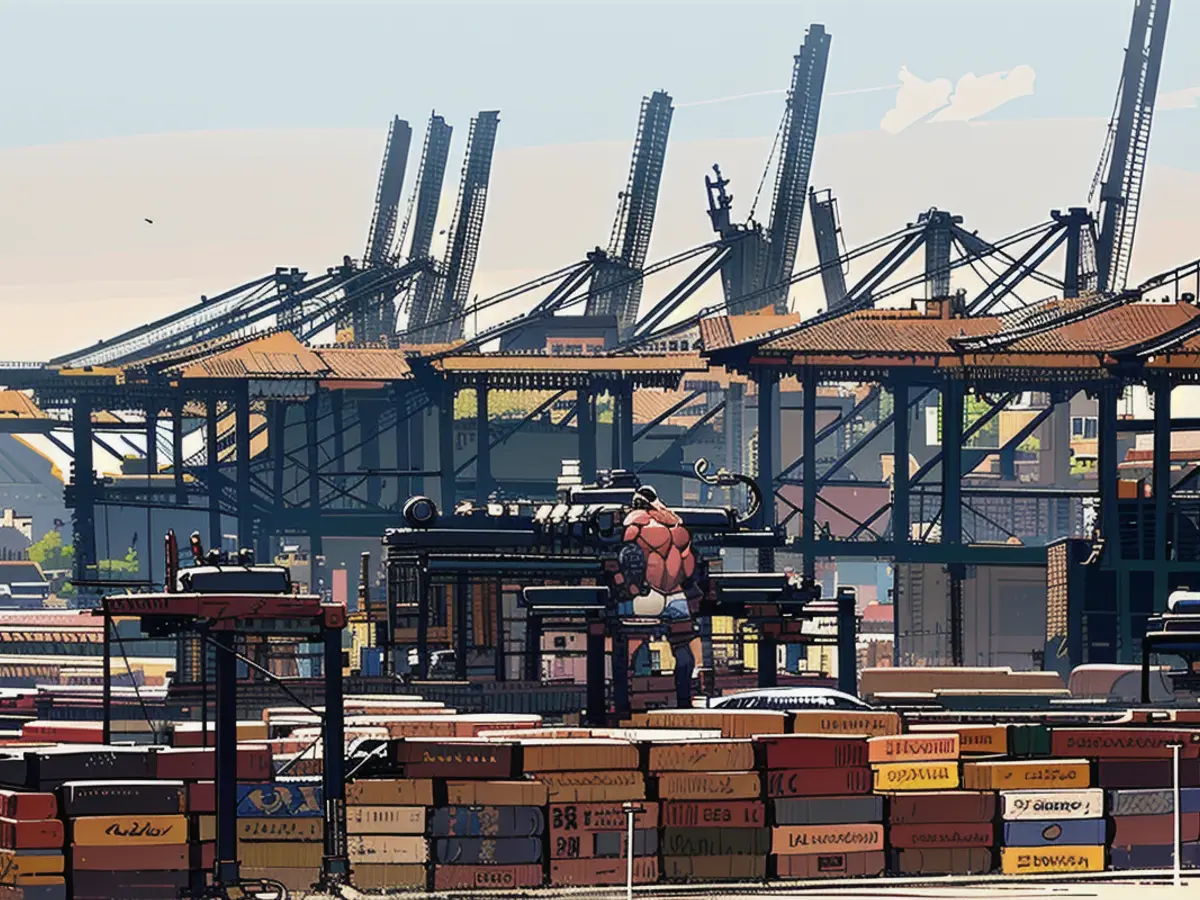The EU officially adopts the supply chain law.
The European Union (EU) has been striving for a long time to establish a universal supply chain law. After recent changes in responsibility, the Council Presidency has declared that the process has reached a final stage. Upon its completion, member states will have two years to integrate the law into their own legislation.
Earlier this week, the EU member states approved the European supply chain law, which aims to promote human rights around the world. It aims to hold large companies responsible for any human rights violations, such as child or forced labor, in their supply chains. The European Parliament had previously given its consent to the project a month ago.
Additionally, companies will be required to create environmentally friendly business plans. These are intended to ensure that their operations align with the goal of limiting global warming to 1.5 degrees Celsius compared to pre-industrial levels.
During the negotiation process, the scope of the law was narrowed down to impact fewer companies. Instead of being applied to businesses with more than 500 employees and a minimum annual turnover of 150 million euros, the law will now apply to companies with over 1000 employees and an annual turnover of at least 450 million euros - at least for the first five years.
In the next three years, the rules will apply to companies with over 5,000 employees and a global turnover of more than 1.5 billion euros. This will be followed by reduced limits of 4,000 employees and 900 million euros in turnover by the end of the fourth year.
There was significant tension among the German government regarding the legislation. The FDP representatives were especially critical, fearing increased bureaucracy and legal liabilities for businesses. However, the SPD and the Greens supported the regulations, emphasizing the need for change. Germany already has a supply chain law, but the EU regulation is more stringent in certain aspects, particularly in terms of legal liability for companies.
The law only needs to be published in the EU's Official Journal before being implemented. Following this, member states will have at least two years to adapt the regulations into their national laws.
Read also:
- Year of climate records: extreme is the new normal
- Precautionary arrests show Islamist terror threat
- UN vote urges Israel to ceasefire
- SPD rules out budget resolution before the end of the year
The European supply chain law, once implemented, will not only focus on promoting human rights in trade relations but also hold large companies accountable for any instances of child or forced labor in their supply chains, as outlined by the EU. This new law, a result of years of deliberation within the EU, will considerably impact trade between EU member states and international partners.
As a consequence of the EU supply chain law, trading relations between the EU and companies exceeding certain employee and revenue thresholds may undergo significant changes, in an effort to ensure respect for human rights and contribute to environmental sustainability in their supply chains.
Source: www.ntv.de








